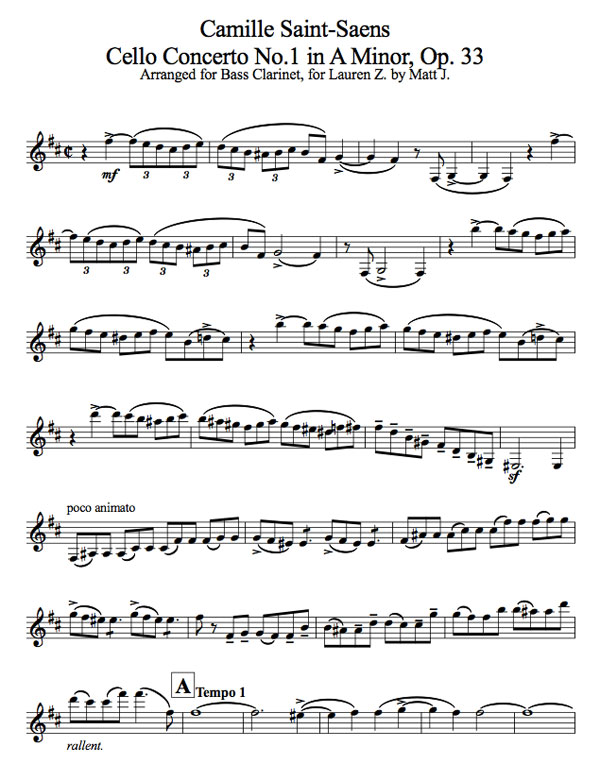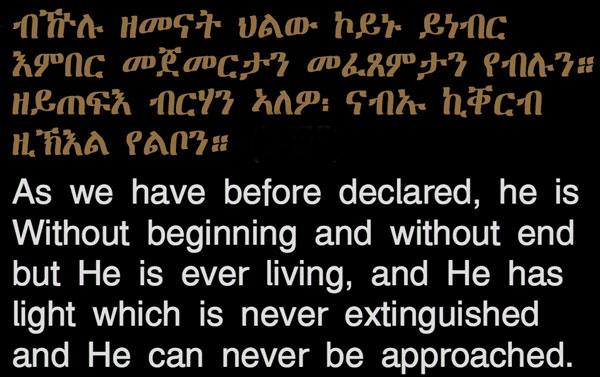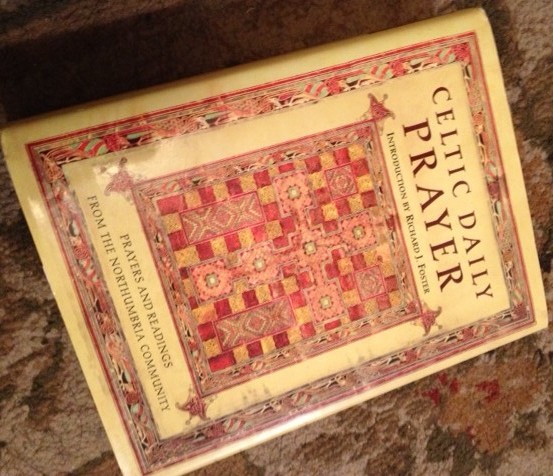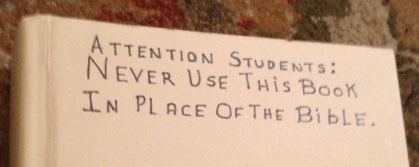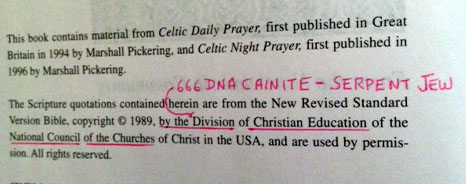Here are quotes from two different individuals.
As we gradually learn to harness the optimal computing capacity of matter, our intelligence will spread through the universe at (or exceeding) the speed of light, eventually leading to a sublime, universe wide awakening.
Machines will follow a path that mirrors the evolution of humans. Ultimately, however, self-aware, self-improving machines will evolve beyond humans’ ability to control or even understand them.
and
I do believe that the goal of AI is to know more about ourselves, about the world, about how to interact. If God exists (as I do believe), the creation of physical artifacts will never contradict that existence. it will just, actually, make it even more visible. How, I don’t know. But I am not afraid of pursuing the AI goal, because I do believe that knowing more about myself and knowing more about the world can never lead me to the conclusion that God doesn’t exist. I don’t think that I would get to that end. Just the opposite.
Alright. One of these people is famous and is always on PBS or NPR or pick-your-favorite-respectable show. He could be on a segment right after Yo-Yo Ma or Maya Angelou. He’s visionary and interesting.
The other is a scientists who actually programs robots for a living and has nearly a hundred academic papers published on serious AI topics.
One you see quoted all the time – in Wired or the Wall Street Journal. The other you’ve never heard of.
One is a ridiculously rich white guy from New York City. The other is a little-known Portuguese woman.
And I am convinced that one of these people knows what they are talking about and the other is full of hot air.
The quotes are from:
Ray Kurzweil, from The Singularity is Near, 2005
Manuela Veloso, from a panel discussion, 1999
You remember in the 1990s when everyone was talking about “virtual reality” and “cyberspace”? Blah blah blah. All talk. Who was actually doing the work? Programmers like John Carmack who spent six weeks holed up in a hotel room figuring out how to get ray-tracing to run on a 386 when everyone else on earth thought it was impossible. You have him and his quiet ilk to thank for opening the door to much of the 3D technology you see today in movies, games, and simulations. They made real progress while everyone else was yacking on the conference circuit and wooing gullible investors.
That is why I don’t trust the futurists. None of the really smart and productive people I know in IT (or medicine or engineering) believe them. Only the hype-loving people who stood in line in the cold last week to buy an iPad Air seem to hang on their every word. Them and journalists. Maybe there is a really great programmer or engineer out there who actually believes all this Singularity stuff. But I haven’t met him/her yet – not even close. I’m open to be surprised though.
Open up Popular Science and you’ll find someone going on and on about how their new virtual reality nano-robot whatever is going to revolutionize heart surgery. Then you look at the cover and realize the magazine is 20 years old and the robot is nowhere to be seen. Meanwhile, some guy you’ve never heard of has made heart surgery more effective by figuring out a better way to grind scalpel blades so they stay sharp longer.
I suggest we focus on what can be done with the tools and resources at hand. Solve problems and take them a bit further. Don’t be tempted by talk of quantum leaps. Remember the limitations of the human body and mind. The greatest know this humility.



